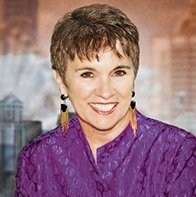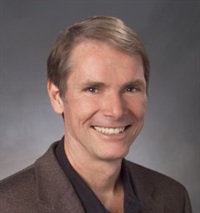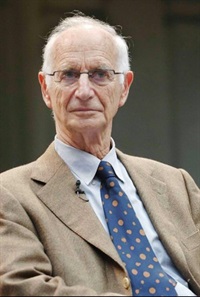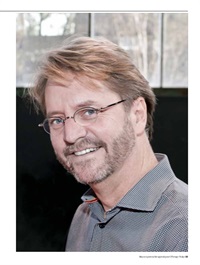EP05 Topical Panel 18 - Treating Addictions - Claudia Black, PhD; Robert Dilts; James Hillman, PhD; Scott Miller, PhD
- Average Rating:
- Not yet rated
- Topic Areas:
- Topical Panels | Addiction | Psychotherapy | Supervision
- Categories:
- Evolution of Psychotherapy | Evolution of Psychotherapy 2005 | Pioneers in Couples and Family Therapy
- Faculty:
- Claudia Black, PhD | Robert Dilts, BA | James Hillman, PhD | Scott Miller, PhD
- Duration:
- 58 Minutes
- Format:
- Audio Only
- Original Program Date:
- Dec 10, 2005
- License:
- Never Expires.
Description
Description: Addiction experts examine the complex nature of addiction, discussing innovative treatment approaches including NLP, therapeutic alliance, and family interventions. The discussion covers multi-level treatment strategies, the impact of trauma, co-occurring disorders, and the critical role of personalized care in helping individuals overcome substance and behavioral addictions. Moderated by Betty Alice Erickson.
Educational Objectives:
- To compare and contrast clinical and philosophical perspectives of experts.
*Sessions may be edited for content and to preserve confidentiality*
Credits
Handouts
| Timestamped Transcript (924.8 KB) | 22 Pages | Available after Purchase |
| Ericksonian Learning Snapshot (264 KB) | 2 Pages | Available after Purchase |
Faculty

Claudia Black, PhD Related Seminars and Products
Claudia Black, Ph.D., is internationally recognized for her pioneering and cutting-edge work with family systems and addictive disorders. Her work with children impacted by drug and alcohol addiction in the late 1970s fueled the advancement of the codependency and developmental trauma fields. Dr. Black’s passion to help young adults overcome obstacles and strengthen families built the foundation of the Claudia Black Young Adult Center. Not only is Dr. Black the clinical architect of this groundbreaking treatment program, she is also actively involved with the treatment team, patients, and their families.
Claudia is the author of It Will Never Happen To Me, Changing Course, My Dad Loves Me, My Dad Has A Disease, Repeat After Me, It's Never Too Late To Have A Happy Childhood, Relapse Toolkit, A Hole in the Sidewalk, Depression Strategies, Straight Talk, The Stamp Game, Family Strategies, Anger Strategies, Deceived: Facing Sexual Betrayal, Lies and Secrets, The Truth Begins With Youand her newest title, Intimate Treason: Healing the Trauma for Partners Confronting Sex Addiction. She has produced seven audio CDs addressing issues of addiction and recovery. They are A Time for Healing, Putting the Past Behind, Triggers, Emotional Baggage, Trauma in the Addicted Family, Imageries and Letting Go Imageries. She also has over 20 DVDs for professionals to use working with families and clients.

Robert Dilts, BA Related Seminars and Products
Robert Dilts, has been a developer, author, trainer and consultant in the field of Neuro-Linguistic Programming (NLP) - a model of human behavior, learning and communication - since its creation in 1975 by John Grinder and Richard Bandler. A long time student and colleague of both Grinder and Bandler, Robert also studied personally with Milton H. Erickson, M.D., and Gregory Bateson.

James Hillman, PhD Related Seminars and Products
James Hillman, PhD, who received his Ph.D. degree from the Univeristy of Zurich, has served as honorary secretary of the International Association for Analytical Psychology and for 10 years was Director of Studies at the C.G. Jung Institute in Zurich. He has written 12 books and was nomiated for a Pulitzer prize.

Scott Miller, PhD Related Seminars and Products
Scott D. Miller, Ph.D., is the founder of the International Center for Clinical Excellence an international consortium of clinicians, researchers, and educators dedicated to promoting excellence in behavioral health services. Dr. Miller conducts workshops and training in the United States and abroad, helping hundreds of agencies and organizations, both public and private, to achieve superior results.


